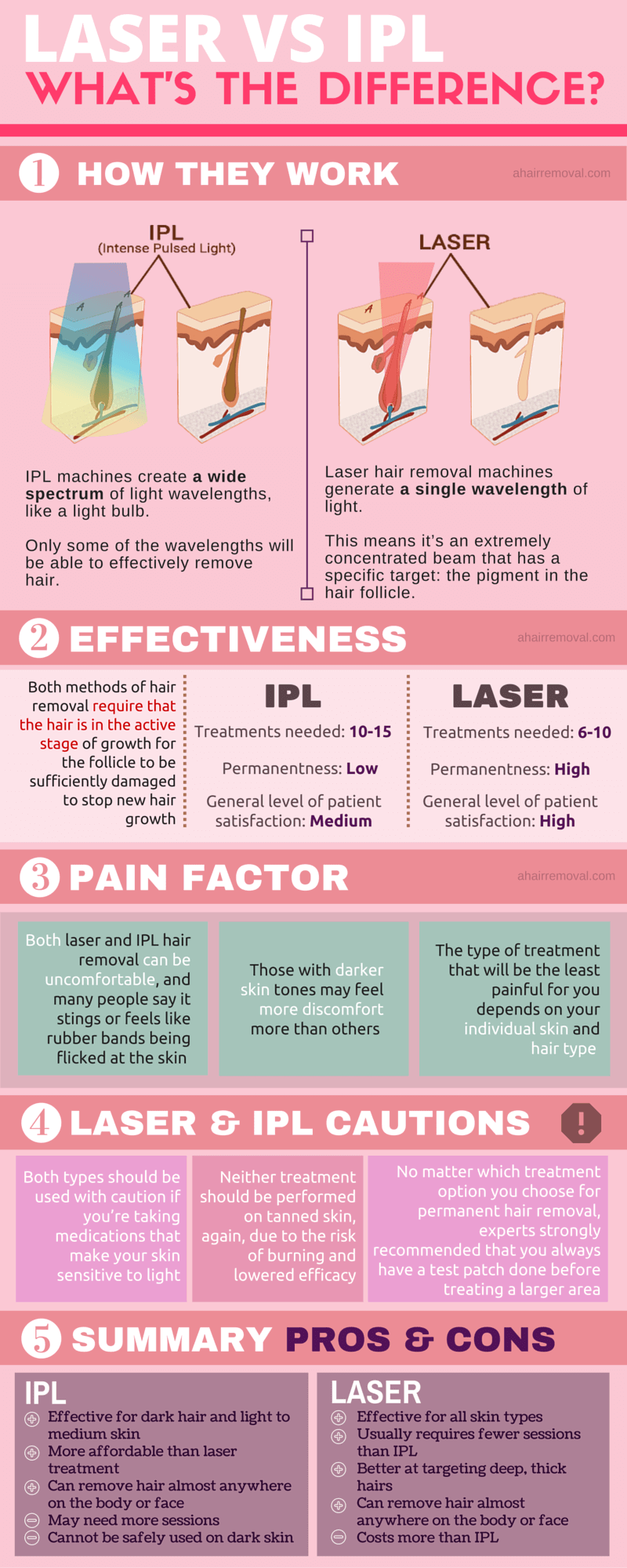Myths And Truths Regarding Acne: Debunking Common Misconceptions
Myths And Truths Regarding Acne: Debunking Common Misconceptions
Blog Article
Article Author-Joyner Bojsen
You might assume that enjoying delicious chocolate or oily foods is the root cause of your acne, but that's just among numerous myths swirling around this common skin condition. As a matter of fact, acne mainly originates from blocked hair follicles, not your last treat. Misunderstandings like these can lead you to embrace ineffective skin care practices that may even aggravate your scenario. As you browse the facts behind acne, you'll discover insights that could change your technique to skincare and aid you accomplish clearer skin. So, what actually lies underneath the surface area?
Common Myths Concerning Acne
When it comes to acne, lots of people believe in typical myths that can bring about confusion and irritation. One prevalent myth is that eating delicious chocolate or greasy foods triggers acne. While diet plan can influence skin wellness, the direct link between particular foods and acne isn't as clear-cut as numerous think.
One more usual false impression is that you ought to scrub your face intensely to clear outbreaks. In truth, hostile scrubbing can aggravate your skin and worsen acne.
You may also think that acne only affects young adults, yet adults can experience it also, frequently because of hormone modifications or stress. Some people assume that tanning can improve acne, but sun direct exposure can actually cause skin damage and get worse outbreaks in the long run.
Finally, many think that using extreme items will certainly remove acne rapidly. Nevertheless, these products can remove your skin of its all-natural oils, bring about enhanced irritation and more breakouts.
Scientific Facts Behind Acne
Comprehending the scientific realities behind acne can encourage you to tackle this common skin condition better.
Acne occurs when hair roots end up being obstructed with oil, dead skin cells, and microorganisms. This process usually starts with an overflow of sebum, the oil your skin naturally produces. Hormone adjustments, especially during puberty or menstruation, can activate this excess oil.
Germs called Propionibacterium acnes thrive in these clogged pores, leading to inflammation. When your body immune system responds, it can cause inflammation and swelling, leading to those annoying acnes or cysts.
Genetics also play a role; if your moms and dads had acne, you may be more susceptible to it.
Diet plan and stress levels can affect acne too, yet research study is still advancing in these locations. While delighting in https://www.the-sun.com/sport/premier-league/3832836/roma-tammy-abraham-wag-leah-monroe/ won't directly trigger breakouts, a balanced diet plan can support your skin health and wellness.
Similarly, handling stress can minimize hormone fluctuations that might worsen acne.
Tips for Handling Acne
Taking care of acne efficiently requires a combination of everyday skin care behaviors and way of living modifications. Beginning by developing a constant skin care routine. Clean your face twice a day with a mild, non-comedogenic cleanser to eliminate dust and excess oil. Prevent rubbing too hard, as this can irritate your skin and intensify acne.
Next off, incorporate items including salicylic acid or benzoyl peroxide to help avoid breakouts. Always follow up with a lightweight, oil-free cream to maintain your skin hydrated. Do not fail to remember sun block; go with non-comedogenic choices to shield your skin from UV damage without obstructing pores.
Past skincare, take note of your diet plan. Restriction sugary and greasy foods, and concentrate on fruits, vegetables, and entire grains. Remaining hydrated is vital, so drink plenty of water throughout the day.
Furthermore, manage anxiety with activities like yoga exercise, reflection, or workout, as tension can trigger breakouts.
Last but not least, avoid selecting or standing out pimples. This can lead to scarring and more inflammation. If coolsculpting gone wrong persists, speak with a dermatologist for personalized therapy options.
Final thought
To conclude, it's vital to different reality from fiction when it comes to acne. By exposing typical misconceptions, you can much better recognize your skin and make informed choices for your skincare routine. So, why remain to count on obsolete concepts when the fact can equip you? Accept healthier practices, focus on gentle cleansing, and remember that taking care of acne is a trip. With the ideal expertise, you're one step closer to clearer, healthier skin.
